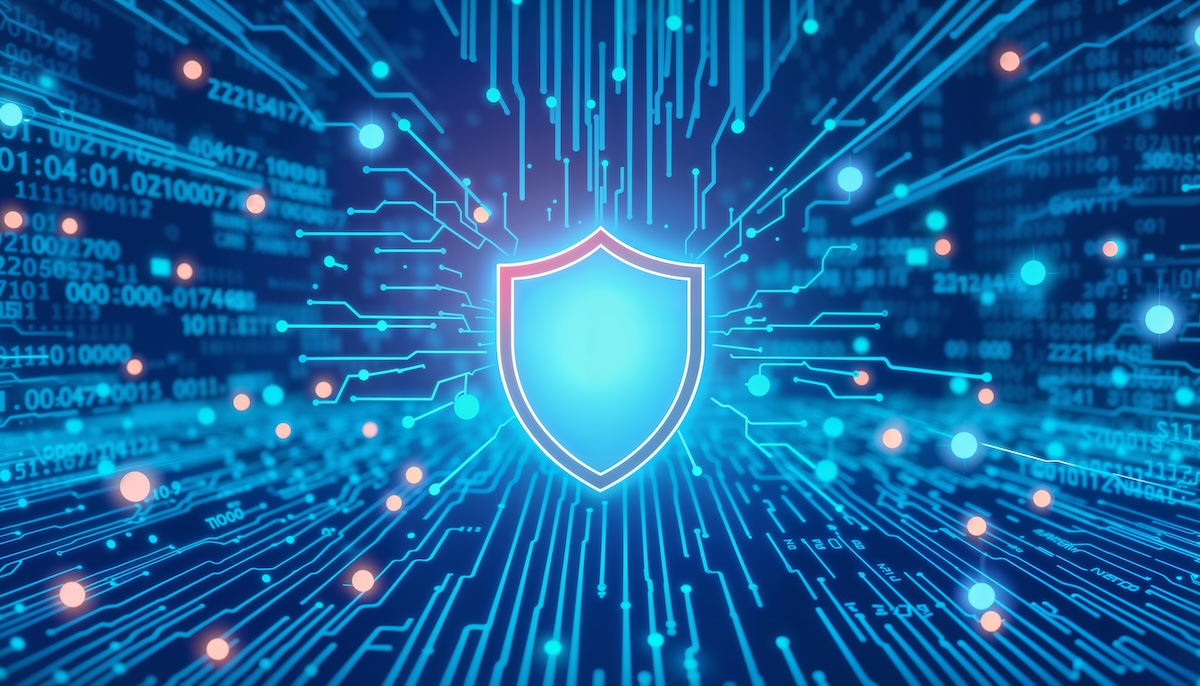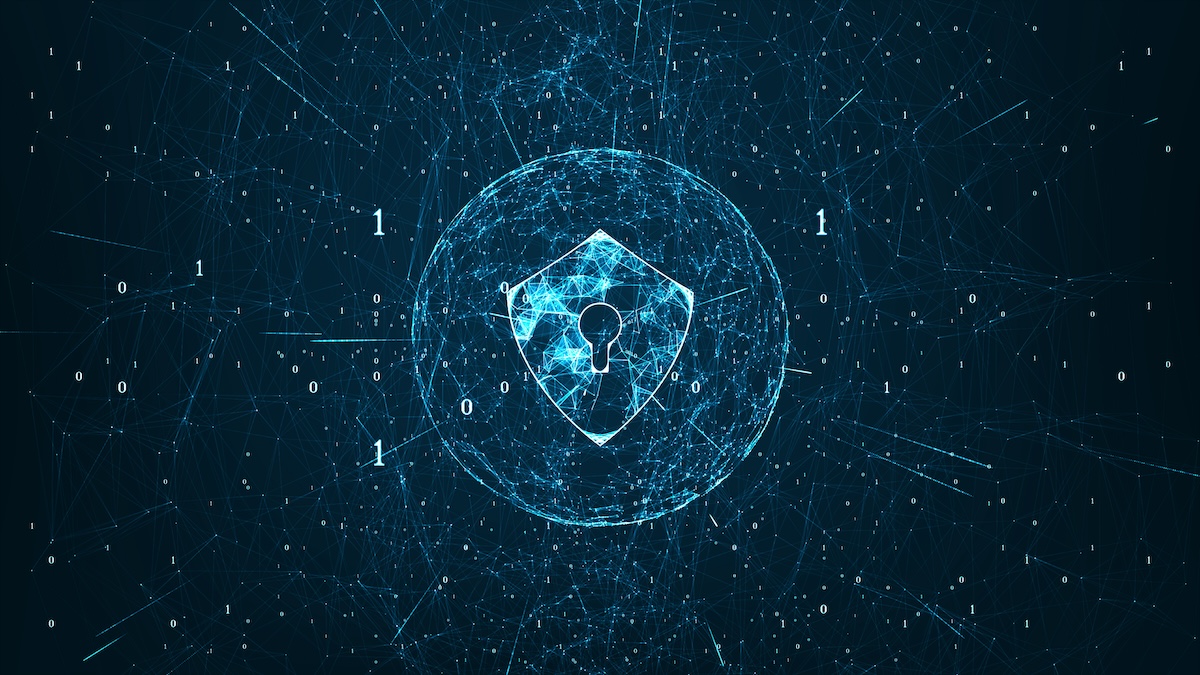Regulatory Compliance and ICS Security: A Comprehensive Guide
In today’s interconnected industrial landscape, ensuring regulatory compliance and securing industrial control systems (ICS) is more critical than ever. As industries face increasing scrutiny and cyber threats, organizations must adopt robust security measures and align with evolving regulations to protect their operational technology (OT) environments.
The Importance of Regulatory Compliance in Industrial Cybersecurity
Industries like manufacturing, utilities, and critical infrastructure are under constant threat from cyberattacks. Regulatory frameworks such as NIS2 in Europe and IEC 62443 provide essential guidelines for enhancing cybersecurity and ensuring compliance. These regulations help organizations secure critical assets, protect sensitive data, and maintain operational continuity in the face of rising risks.
Challenges of IT-OT Convergence
Integrating IT and OT environments is vital for industrial modernization but introduces unique challenges. Unlike IT systems, OT environments often rely on legacy equipment, some of which has been in operation for decades. Regular updates and security patches, common in IT, can disrupt long-running production processes in OT systems. This requires tailored solutions, such as firmware updates, micro-segmentation, and firewall implementations, that minimize operational impact while ensuring security.
Emerging Threats: Quantum Computing and AI
The rapid advancement of technologies like quantum computing and artificial intelligence (AI) presents new cybersecurity risks. Post-quantum cryptography is emerging as a critical solution to safeguard against the vulnerabilities posed by quantum attacks, which could render traditional encryption methods obsolete. Meanwhile, bad actors increasingly use AI to identify zero-day vulnerabilities, further expanding the attack surface.
Practical Strategies for Securing ICS Environments
Organizations can take proactive steps to enhance ICS security:
- Adopt Digital Identity Solutions: Implement certificate-based authentication to establish trust within industrial ecosystems.
- Leverage AI and SaaS Solutions: Use AI for repetitive tasks and software-as-a-service (SaaS) models for cost-effective vulnerability management.
- Embed Security at the Design Level: Ensure security measures are integrated into system design to reduce risks during operations.
- Train and Upskill Talent: Address the cybersecurity talent gap by investing in training and creating a skilled workforce.
Aligning with Global Standards
Standards like IEC 62443 and IEEE 802.1AR provide a roadmap for achieving robust ICS security. These frameworks emphasize device authentication, secure communication protocols, and continuous monitoring to protect critical infrastructure from evolving threats.
Conclusion
As cyber threats grow more sophisticated, regulatory compliance and ICS security are no longer optional but essential for industrial resilience. By adopting proactive measures, leveraging advanced technologies, and aligning with global standards, organizations can safeguard their infrastructure, enhance operational reliability, and stay ahead of regulatory trends.
For more insights, watch The “Regulatory Compliance and ICS Security” session on demand. This is designed for professionals safeguarding industrial environments and navigating complex regulatory landscapes. It provides actionable insights and expert guidance for:
- Industrial Cybersecurity Specialists
- Why: Learn about the latest compliance frameworks, such as NIS2 and IEC 62443, and practical strategies to mitigate risks in ICS and OT environments.
- IT and OT Managers
- Why: Understand the challenges of IT-OT convergence and how to implement tailored solutions to secure legacy systems without disrupting operations.
- Compliance Officers and Risk Managers
- Why: Gain insights into emerging regulations, quantum computing threats, and best practices to ensure compliance while maintaining operational integrity.
- Plant Managers and Engineers
- Why: Discover methods to embed security into the design and operation of industrial systems, protecting critical infrastructure from evolving cyber threats.
- C-Suite Executives and Decision-Makers
- Why: Understand how cybersecurity impacts organizational resilience, regulatory alignment, and long-term investment decisions in critical industries.
Key Takeaways
- Learn how to balance regulatory compliance with robust ICS security.
- Understand the implications of quantum computing and AI-driven threats.
- Discover practical solutions like digital identity authentication, post-quantum cryptography, and AI-driven vulnerability management.
- Gain strategic insights into aligning cybersecurity measures with global standards to ensure resilience and compliance.
This session is essential for anyone responsible for protecting critical infrastructure, ensuring regulatory compliance, or modernizing operational systems in industries such as manufacturing, utilities, and energy.



